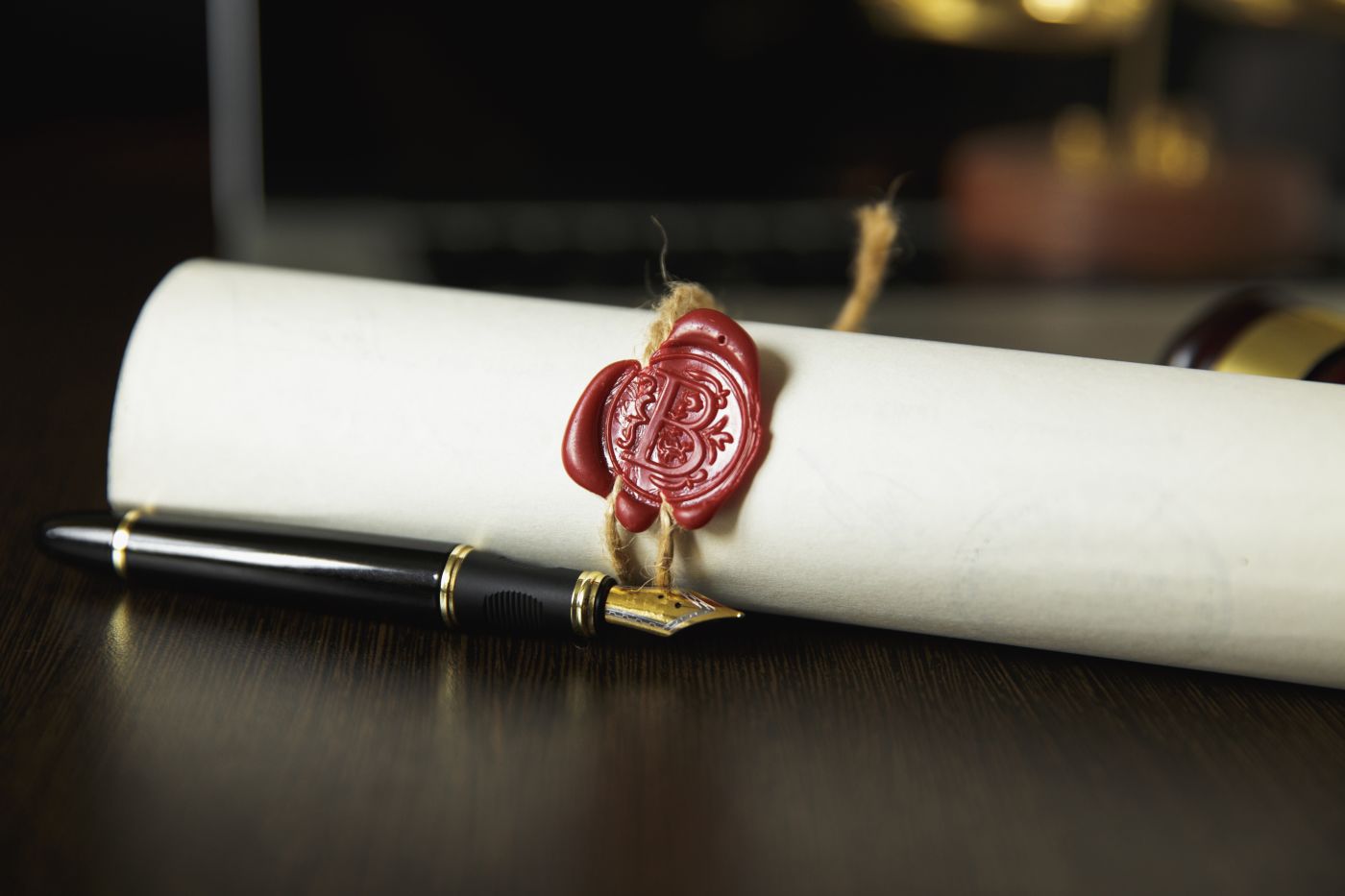A pour-over will is a type of will you can set up when you base your estate plan on a revocable living trust – which is something people may do to keep assets out of probate among other things.
The problem with a revocable living trust is that you need to remember to move assets into it. You can fund it (as moving things into it is known) with all the assets you own at the point you set it up, or at least those you want to put into it. The problem comes when you acquire further assets which is something very normal – most people continue to acquire assets throughout their lives.
If you do not remember to go back and transfer any new asset you acquire into the trust then those assets could be left unaccounted for in your estate plan, which could cause confusion and perhaps arguments when you die.
You could just go back regularly and revise your estate plan, (which you should do anyway) and fund the trust with the latest set of assets you have acquired. Or you could try and remember to add any new asset when you acquire it. But, that could be a lot of work and there is always the possibility you die before you get around to updating things..
Gathering up Unaccounted-For Assets
This is where a pour-over will can help. Once you have created the trust and funded it with the initial assets, you can set up a pour-over will to take care of future acquisitions. Think of it as a catch-all mechanism. When you die, the pour-over will is going to take all those assets that are not currently in your trust and move them into it.
Learning more about this and other estate planning options can help you make appropriate choices.



